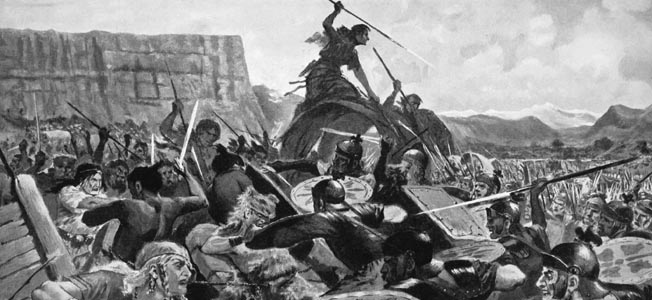
Ancient Rome
Roman Legion: The Reforms of Marius
By Lindsay PowellThe basic unit of the Roman army of the late Republic was the legion, derived from the Latin word legio, meaning “military levy.” Read more
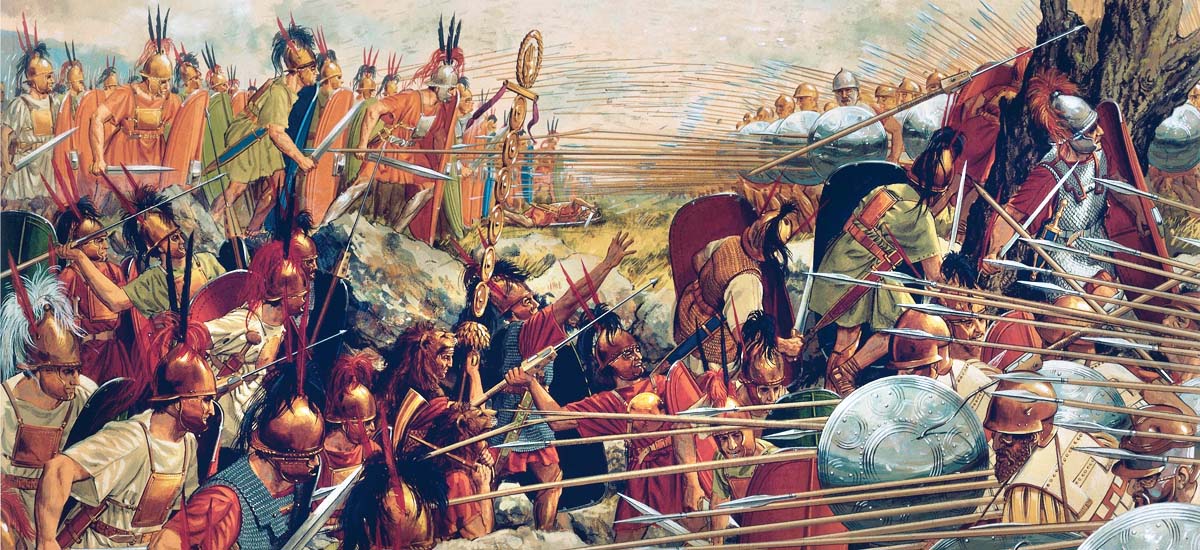
The Roman Empire, which at times included much of the known world, came into being following the five centuries of the Republican period in the history of Rome. The Roman Empire was founded in 27 B.C. and existed as a unified entity until approximately A.D. 480. During this period, the Roman Empire extended from the Middle East to the British Isles. The Roman Empire is remembered for its influence of language, law, military operations, and culture. The Roman Empire was ruled by a succession of emperors, and a 200-year period of peace that began with the reign of Caesar Augustus is known today as the “Pax Romana.”

Ancient Rome
The basic unit of the Roman army of the late Republic was the legion, derived from the Latin word legio, meaning “military levy.” Read more
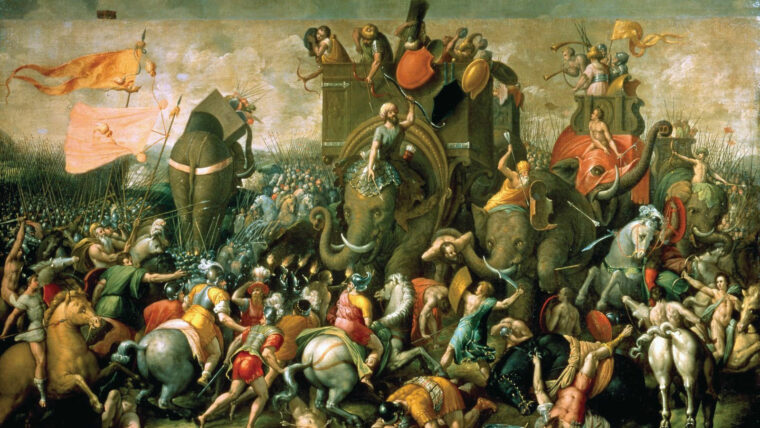
Ancient Rome
Imagine a time when human knowledge of elephants was not widespread. Just think how threatening these large animals would be coming over a hillside or out of a mist during battle. Read more
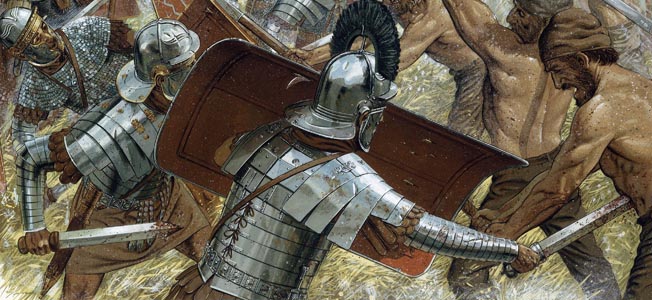
Ancient Rome
In ancient Rome, politics and family were inextricably linked. The incestuous nature of the ruling Julio-Claudian dynasty was well embodied by the brief but notable career of Germanicus, who rose to the heights of power, only to be cast down by his own blood kin. Read more
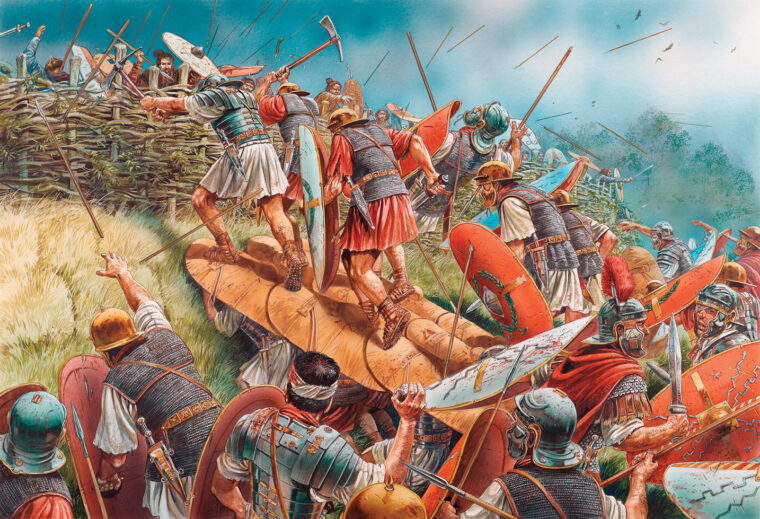
Ancient Rome
With their proclivity for feats of engineering, the Romans methodically advanced their frontiers. The glory-seeking Roman generals saw a wide river, mountain chain, or expansive swath of desert as a challenge. Read more
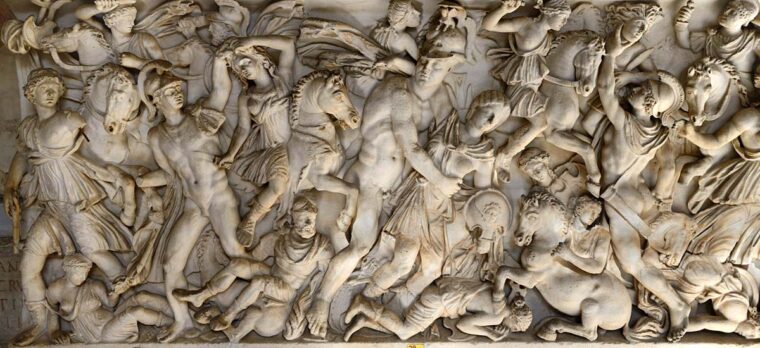
Ancient Rome
Unlike Pompey, much of Julius Caesar’s military successes in the late Roman Republic stemmed not only from his ability as a leader of men and from tactical prowess on the battlefield, but also from his understanding of the importance of military intelligence. Read more
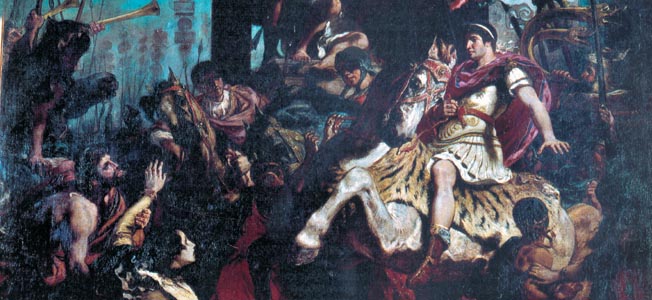
Ancient Rome
The ancient city of Selinus, a major trading center in Cilicia, sat atop a steep outcropping of rock that rises abruptly from the edge of the Mediterranean on the southern coast of Asia Minor, now modern Turkey. Read more
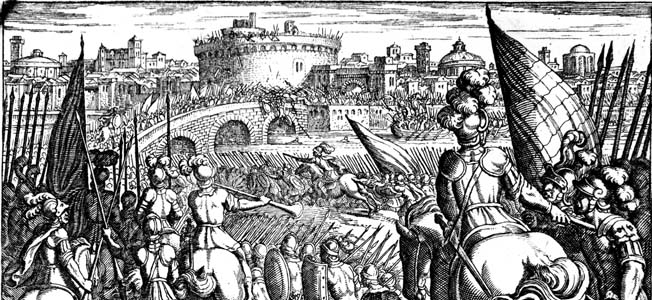
Ancient Rome
The Celts, like all other Indo-European peoples, originated on the steppes of Eurasia, from whence they drifted into central Europe. Read more
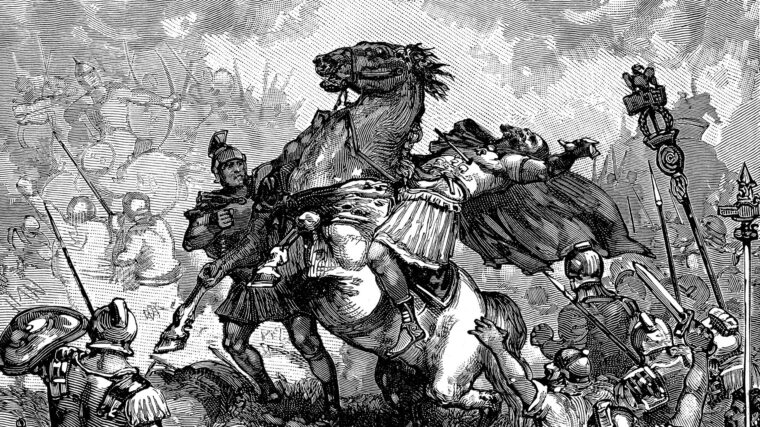
Ancient Rome
“[W]hen Emperor Julian had received the wound [in Persia], he filled his hand with blood, flung it into the air and cried, Thou hast won, O Galilean,” wrote Theodoret of Cyrus. Read more
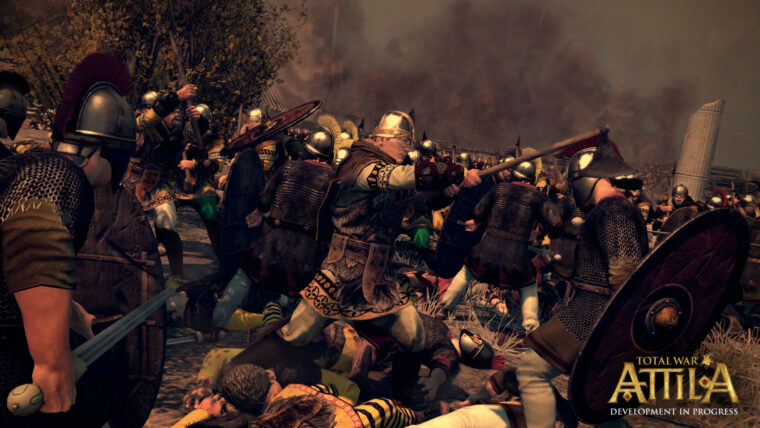
Ancient Rome
The Creative Assembly’s Total War series now has a legacy spanning nearly 15 years of computer strategy. What started in 2000 with Shogun: Total War gradually expanded to include a variety of eras—as well as a variety of spin-offs and player-created mods—each putting players in the role of history’s greatest commanders. Read more
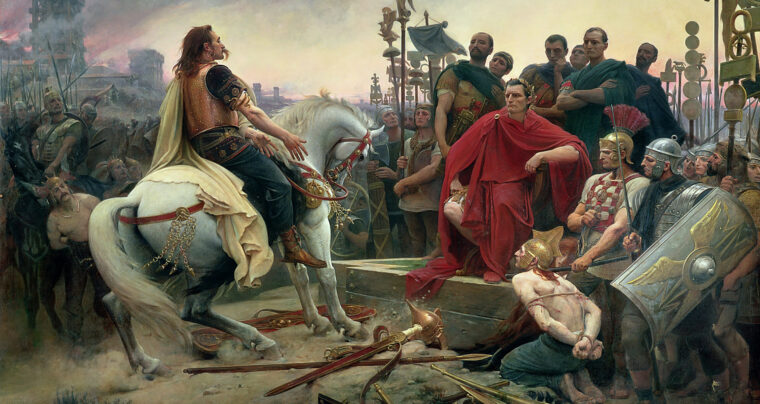
Ancient Rome
Few men’s names resonate after two thousand years, for it is a very long stretch of time. Read more
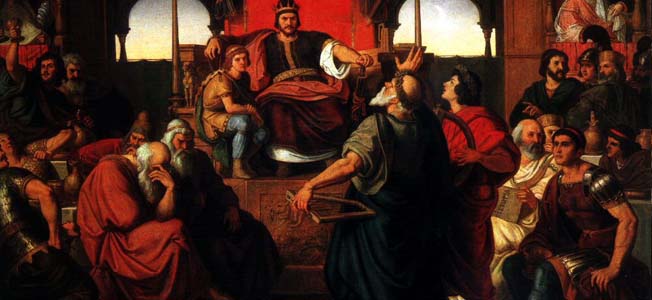
Ancient Rome
History is as solid as bricks. Things happened and they can’t be changed.
But they can be seen with a fresh eye, or they can be noted for effects not apparent at the time. Read more
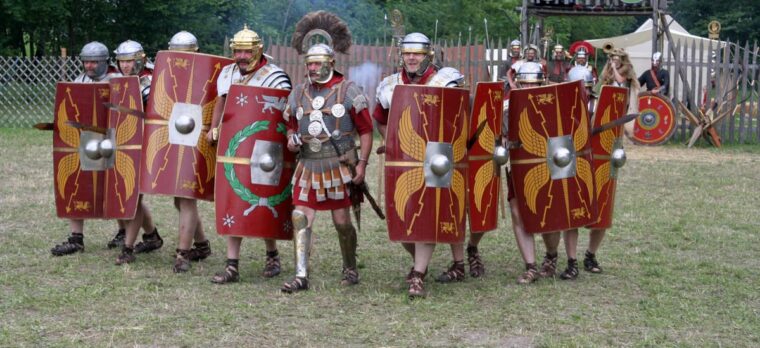
Ancient Rome
“Augustus found Rome brick and left it marble” is an expression pegged to the first of the Roman emperors. Read more

Ancient Rome
by Brooke C. Stoddard
“Augustus found Rome brick and left it marble” is an expression pegged to the first of the Roman emperors. Read more
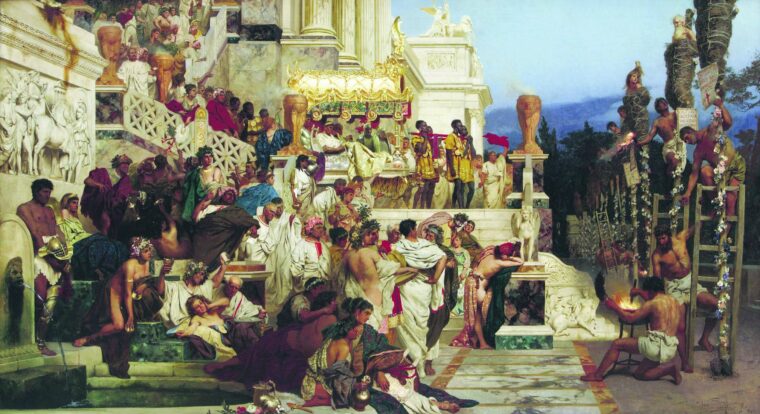
Ancient Rome
The image most people have of the Roman emperor Nero is of him perched at the summit of the Palatine hills, strumming his lyre while Rome is engulfed in flames. Read more
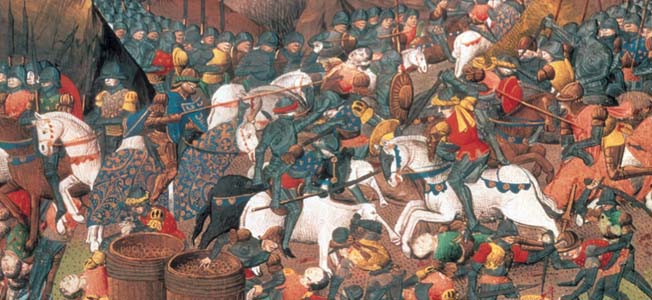
Ancient Rome
by Keith Milton
It could be argued that Hannibal’s hesitation to go after Rome shortly after Cannae was because he lacked a siege train. Read more
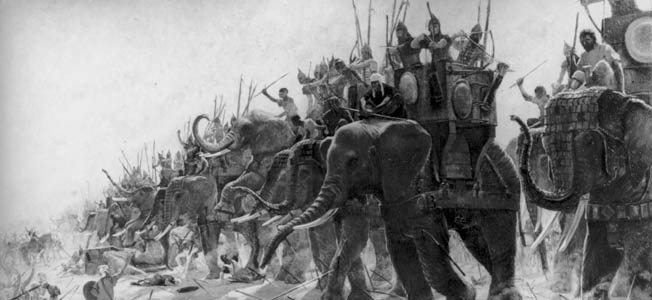
Ancient Rome
By Jonas L. Goldstein
The accomplishments of Hannibal from his departure from Spain, his crossing of the Alps, and his battles on the Italian peninsula, climaxing with his great victory at Cannae, were enough to permanently etch his name among the greatest military leaders of history. Read more